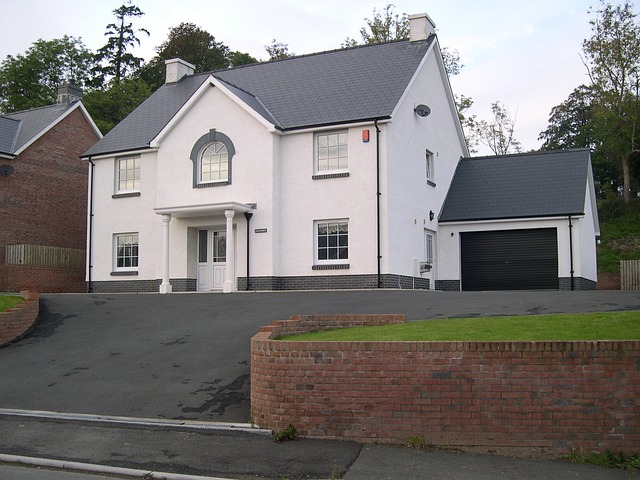Landlord Licensing Schemes were brought in by the Housing Act 2004. They initially mainly affected landlords of Houses of Multiple Occupation (HMOs) but in recent years there has been a rise in the number of local councils introducing additional and selective licensing schemes which affect other properties too. The government also recently brought in further powers for councils to create selective schemes under the Selective Licensing of House (Additional Controls) (England) Order 2015. Despite the increase in schemes, however, it is difficult to find clear information about them due to the variations between councils. Here are the basics that, as a landlord, you need to know about Landlord Licensing Schemes.
Do I need a licence?
This depends on the type and occupancy of your rental property/properties and the council they are – as schemes vary according to location, you should seek advice from your local council if you are in any doubt as to whether the licensing rules apply to you.
Here is a brief summary of the different types of scheme:
Mandatory HMO Licensing
This is the most common scheme and mainly affects large HMOs. These are defined as properties that:
Are three or more storeys high – a storey is counted as any house level wholly or partly used as living accommodation and includes converted lofts and basements. A two storey residential property above or below a business premises would also be classed as a large HMO.
Are occupied by five or more people from two or more households – a household is essentially a family unit, including couples who are living together as married and any relatives, including stepchildren.
Contain shared facilities such as toilets, bathroom or kitchen.
There are some exemptions in the regulations, so if you are at all unsure whether your property falls under this category, seek legal advice.
Additional Licensing
Councils have the power to create Additional Licensing Schemes covering HMOs which fall outside the scope of Mandatory HMO Licensing. This measure is only be taken in instances where the council has reason to believe that a significant number of HMOs in an area are being poorly managed and this is causing issues for occupants and members of the public. Under these schemes, any HMO (where three or more people from more than one household are residents, and there are shared facilities) could be affected. However, the exact detail of schemes differs greatly so you should seek advice from your local council if you may be affected.
Selective Licensing
Selective Licensing schemes can affect properties not classed as HMOs, and can be created by councils in areas where there is a low housing demand or significant, persistent Anti-Social Behaviour (ASB) problems. As of March 2015, Selective Licensing Schemes can also be implemented in areas with a high proportion of privately rented properties. Again, the detail of each scheme varies but as these schemes can affect almost any privately rented home it is important to check for details of local schemes with your council.
How do I get a licence?
If you have sought advice and you do require a licence, contact your local council to find out how to submit an application. Please note that there is a fee (these vary widely between councils) and you will need a separate licence for each rental property you own.
Once your application is submitted, the council will carry out a ‘fit and proper person’ assessment to establish whether you are suitable to hold a property licence. This will include checks on the information you have provided and other information held on you, including criminal convictions.
If you are assessed as ‘fit and proper’ then your licence will be prepared. Licences last up to five years but can be for a shorter time period if the council has reservations about your ability to manage your property, so it is important you provide them with all the information you need to assess you as a suitable landlord. Licences should be read carefully to ensure you understand and comply with the conditions.
Landlord Licensing Schemes are a complex issue, so make sure you get sound advice about whether or not you need a licence, as there are penalties for landlords who attempt to evade licensing when it is required.

Write a Comment